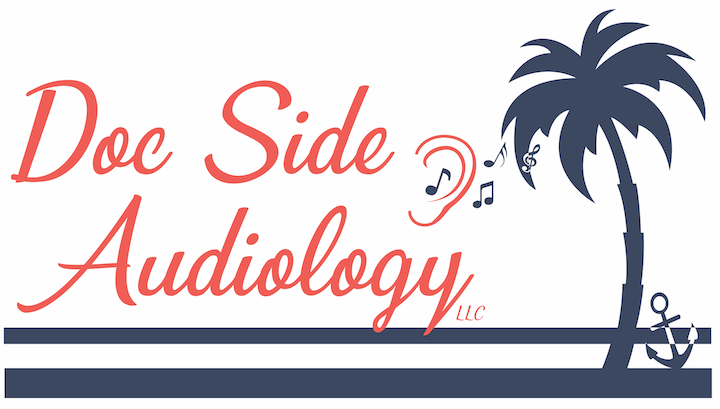Have you found yourself leaning in closer during dinner conversations? Perhaps you’ve begun to raise the volume on phone calls or miss parts of important meetings at work. These subtle shifts are worth paying attention to – they’re common indicators that your hearing might be changing. Many people experience these gradual differences without realizing it, often thinking background noise is just getting louder or that others aren’t speaking clearly enough.
The audiologists at Doc Side Audiology provide thorough hearing evaluations in a comfortable, supportive environment. We take time to explain your results in clear, practical terms, showing you exactly which sounds you might be missing and how addressing these gaps can improve your daily interactions.
Why Get a Hearing Test?
Hearing tests are an important part of maintaining overall health and communication ability. They not only help detect hearing loss early – often before it becomes noticeable – but also establish a baseline that can be used for comparison during future evaluations. A thorough hearing test identifies both the type and degree of hearing loss, which is essential for creating a plan that truly fits your needs. These evaluations also help determine whether hearing aids or other treatments could improve your hearing and quality of life. Beyond diagnosis, regular testing is valuable for monitoring changes over time, making it easier to adjust care if your hearing shifts.
What to Expect During Your Evaluation
Your hearing evaluation will begin with a conversation about your medical history, any hearing concerns you may have and any exposure you have had to loud noise. This background information helps us tailor the evaluation to fit your specific situation. After the discussion, we will conduct a physical examination by visually inspecting your ear canals and eardrums with an otoscope. This step helps us rule out any physical blockages or visible abnormalities that could be affecting your hearing.
We may perform a series of hearing tests that could include:
- Pure tone audiometry: This test determines the quietest sounds you can hear at different frequencies. You’ll wear headphones and indicate when you hear beeps or tones.
- Speech audiometry: We’ll assess your ability to hear and understand speech at different volumes. This test helps determine how well you process spoken language.
- Tympanometry: This test measures how your eardrum responds to slight changes in air pressure. It can help identify issues with your middle ear.
These tests can provide more detailed information about your hearing function and help diagnose specific types of hearing disorders.
Understanding Your Results
After completing the tests, your audiologist will explain your results in detail. Your audiogram, a graph showing your hearing ability across different frequencies, will be thoroughly explained. We’ll discuss:
- The type and degree of any hearing loss detected
- How your hearing loss might affect your daily life
- Recommendations for treatment or further testing, if necessary
If hearing aids or other interventions are recommended, we’ll guide you through your options and help you make an informed decision.
When to Get a Hearing Test
Regular hearing tests are recommended for adults, particularly if you are over 50, work in a noisy environment, have difficulty hearing in certain situations or have a family history of hearing loss. They are also important if you’ve noticed symptoms like ringing or buzzing in your ears, known as tinnitus. Even if you aren’t experiencing obvious hearing problems, establishing a baseline through a hearing test can be valuable for tracking changes over time and making future comparisons easier.
Schedule Your Hearing Test Today
Don’t let undiagnosed hearing loss affect your quality of life. The team at Doc Side Audiology is committed to providing thorough, compassionate care and accurate hearing evaluations. Contact us today to schedule your comprehensive hearing test and take the first step towards better hearing health.
